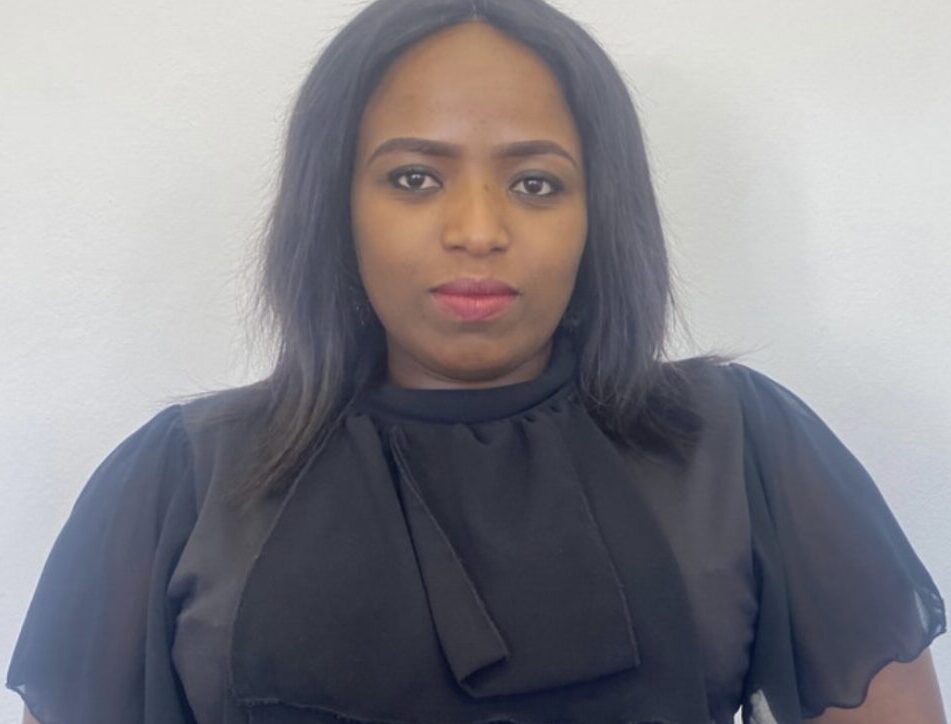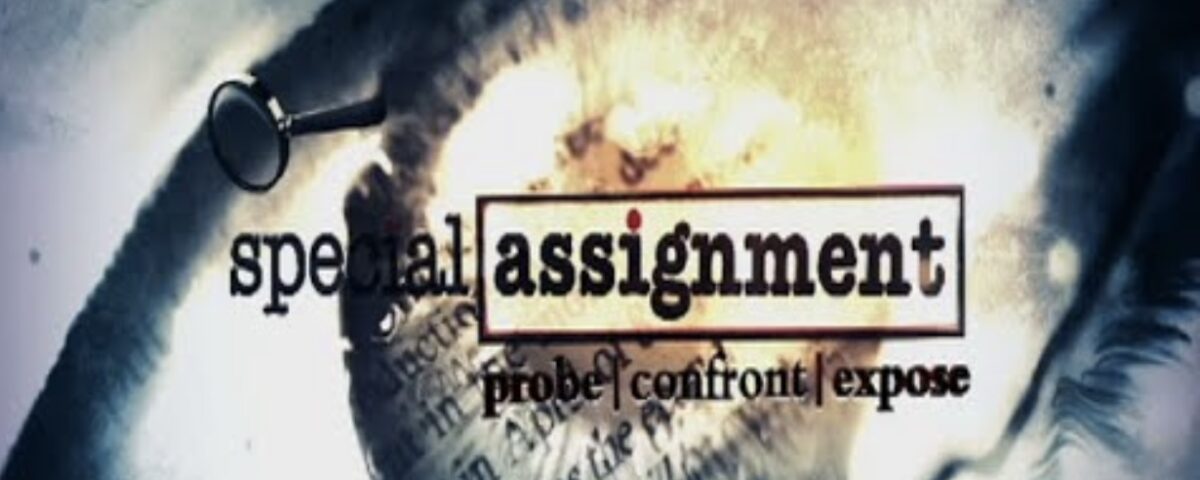
Get acquainted with our new National Coordinator
July 20, 2022SOS Coalition: Comments on the Parliamentary Portfolio Committee on Communications and Digital Technologies’ process to appoint a new SABC Board
September 12, 2022SOS calls for a revitalised investigative news programme to replace Special Assignment

The SOS: Support Public Broadcasting Coalition is dismayed to learn that, after 24 years of existence, one of the SABC’s investigative news and current affairs programmes, Special Assignment, has been cancelled. This decision by the public broadcaster was reportedly informed by the drop in viewership numbers of the weekly programme.
The SABC has not yet issued a statement confirming these developments or made any announcements on a new investigative journalism programme to replace Special Assignment.
The cancellation of a premier news and current affairs show which serves to expose atrocities, governance issues, criminal activities and various social issues of importance in South Africa is a cause for serious concern, particularly considering the vital role good investigative journalism has played in recent years in exposing corruption and maladministration in the country. Investing in investigative journalism should be a primary requirement of the public broadcaster.
Special Assignment, which adhered to the principles that underlie public broadcasting – a commitment to truth-telling, courageous journalism and the need to serve the public interest, fulfilled the public’s need to be informed on important current events in an in-depth and analytical manner. It is for this reason that programmes such as Special Assignment ought to be of primary importance to the SABC in fulfilling its mandate as the country’s public broadcaster. It is through diverse and cutting-edge programming that the SABC performs its proper function as a public broadcaster and plays its role as a champion of democracy and constitutional values.
The SABC Charter mandates the SABC to provide a wide range of programmes, including those offering a plurality of views and a variety of news, information, and analysis. The programmes must be useful, relevant and of high-quality. Accordingly, investigative programmes, with in- depth reporting, are essential for a public broadcaster.
In our view, Head of News and Current Affairs Monare Moshoeshoe’s indication that the show had lost its “mojo and signature influence” points to negligence and failure to invest in best practice public service interest media.
SOS is also concerned that audiences currently have no formal means of engaging with the SABC, and have no way of objecting to the closure of Special Assignment. SOS reminds the public and the SABC of its long standing call for the use of public engagement structures such as audience advisory committees. These would facilitate audience consultation and ensure content is more responsive to audience interests and needs.
The SABC has experienced dwindling viewership across all programmes, which may be a result of the premature switch-off of the analogue terrestrial TV signal in the five provinces of Free State, Northern Cape, North West, Mpumalanga and Limpopo. In the Constitutional Court victory handed down on 28 June 2022 in favour of e.tv – where SOS and Media Monitoring Africa (MMA) as amicus were recognised for strongly representing civil society – the Minister of Communication and Digital Technologies (DCDT), Khumbudzo Ntshavheni, was ordered to revise the analogue switch off date for the remaining provinces in consultation with relevant industry stakeholders and public interest groups. The SABC has greatly benefitted from this court judgment (because the four remaining provinces comprise of 68% of the country’s population and therefore a larger portion of SABC audiences). The SABC should support broad public consultation as part of its public mandate, on all its platforms around analogue switch off.
So, while we call on the SABC to commit to improving its news and current affairs offering by filling the gap left by Special Assignment, we reiterate our call for the SABC to institute some form of participatory public engagement structures, take more seriously its role in informing the public of the analogue switch off process, and in advocating for a process that leaves no one behind.
